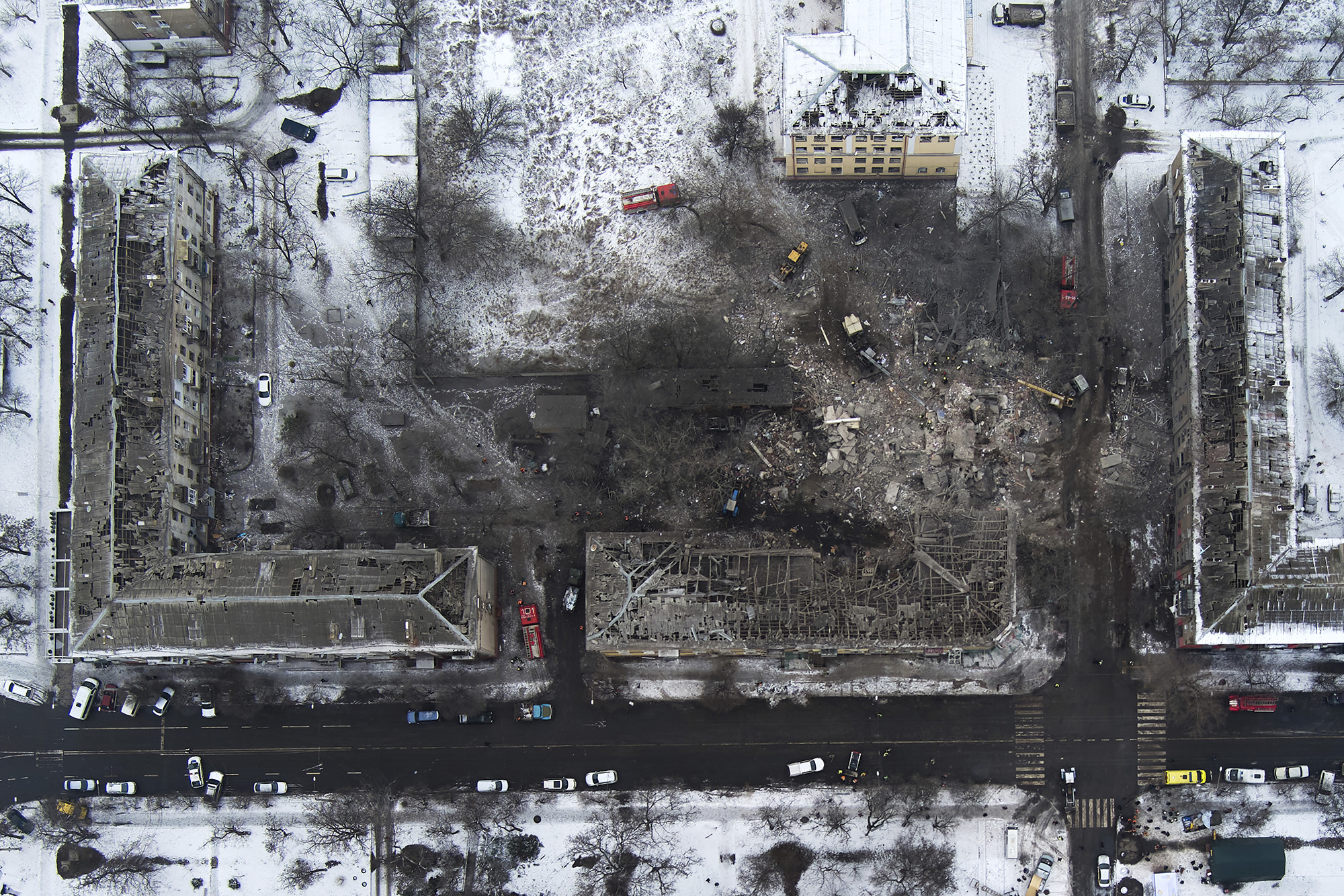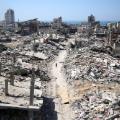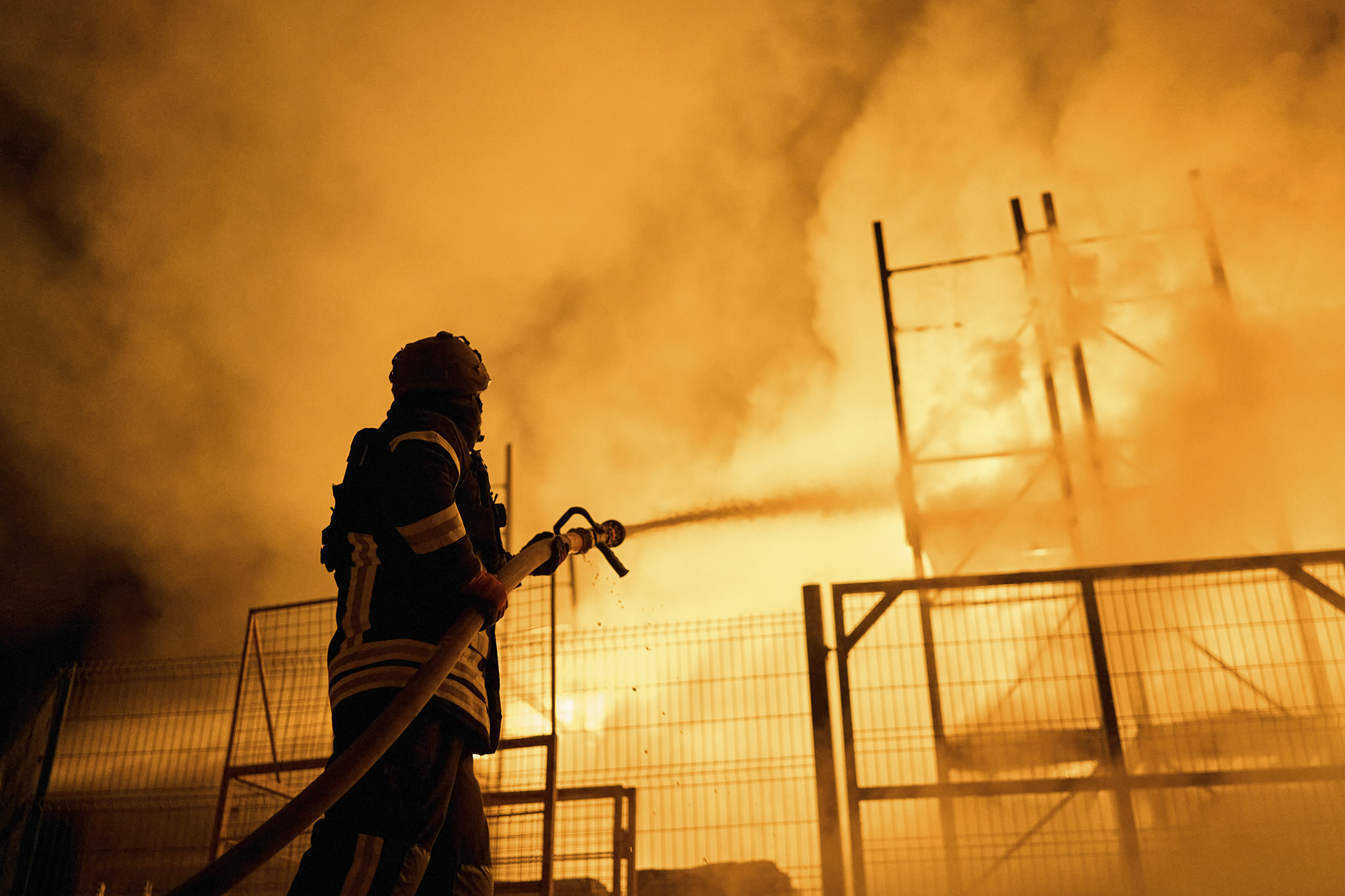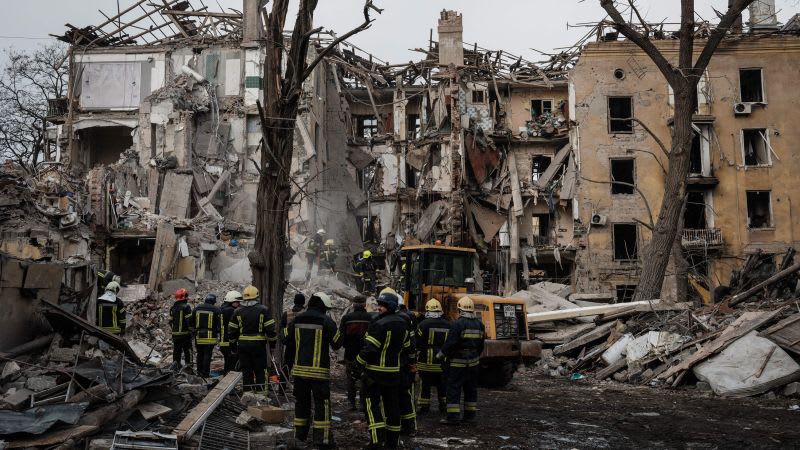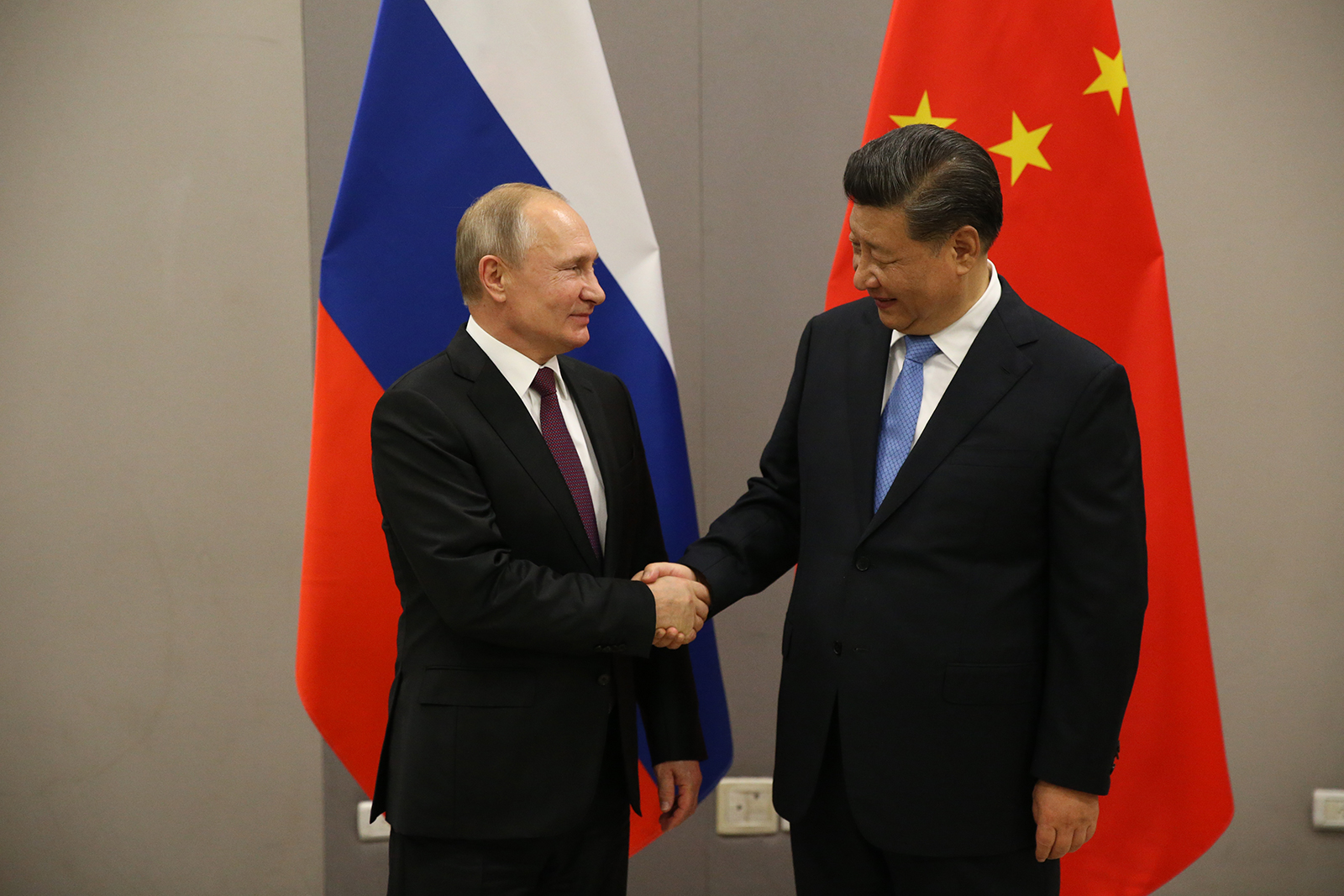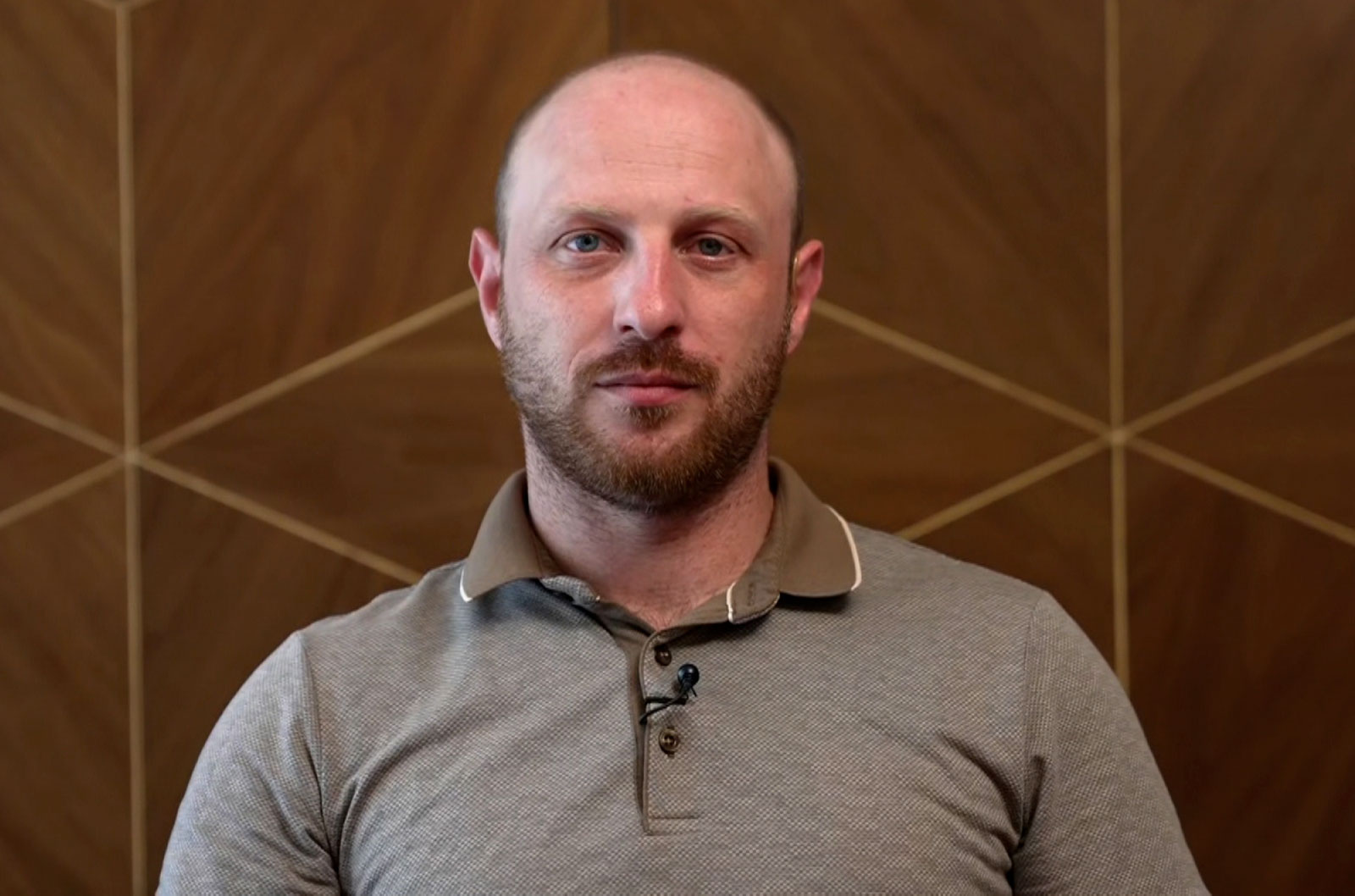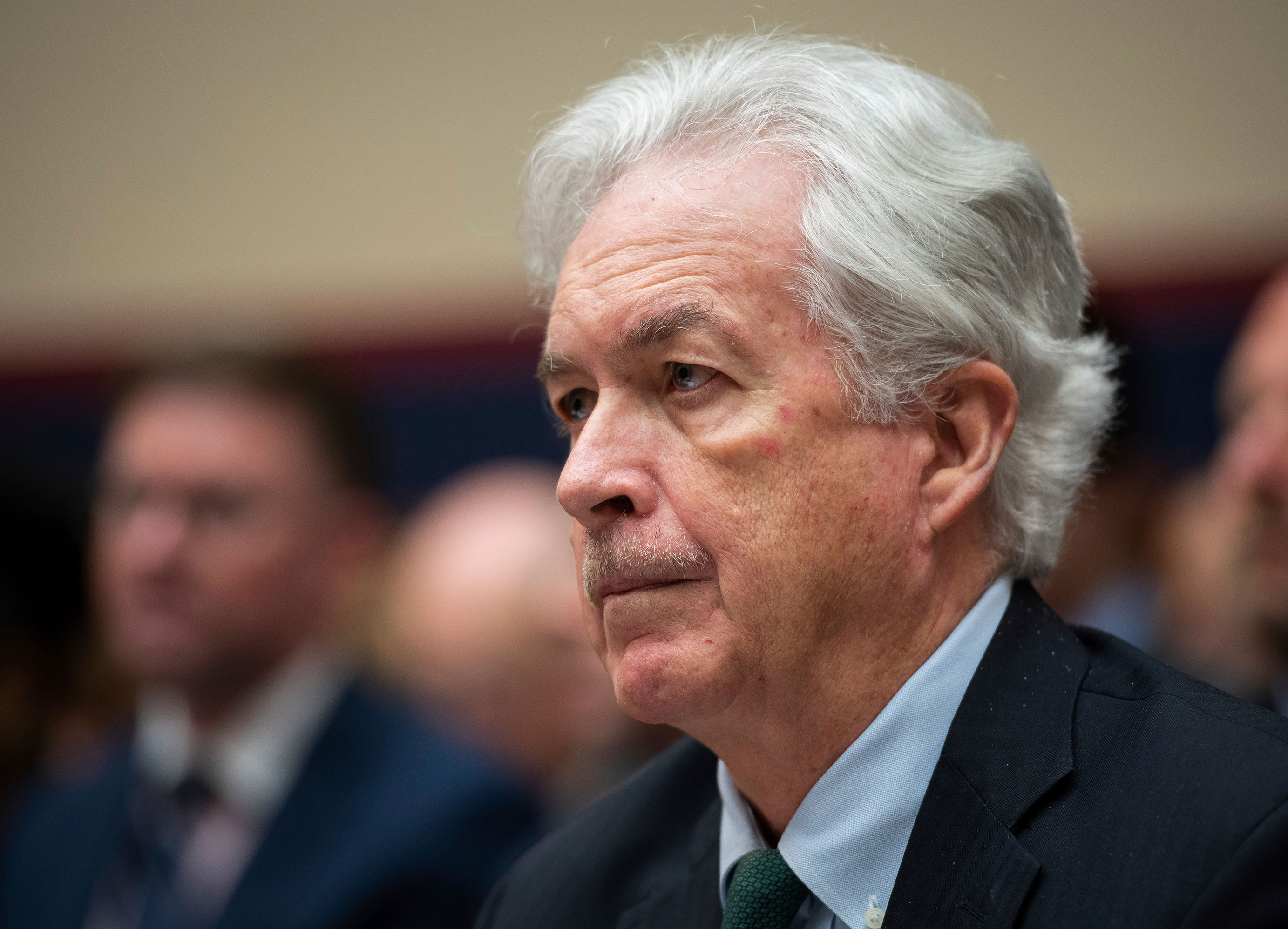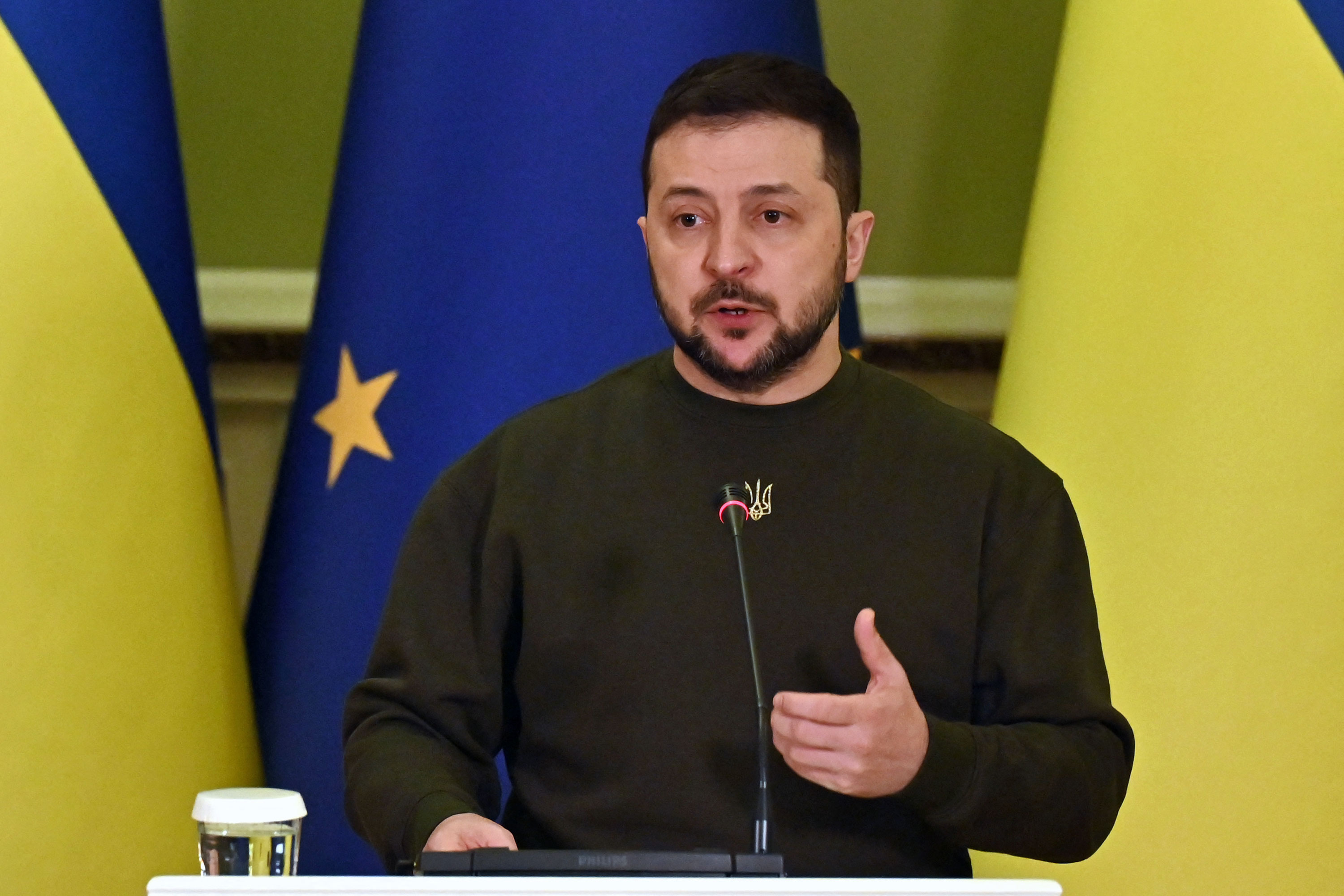The US is expected to include longer-range missiles in a new Ukraine security package worth approximately $2.2 billion, according to a senior administration official and multiple US officials.
The package will include a commitment to provide Ukraine with the Ground-launched Small Diameter Bomb, a guided missile with a range of 90 miles (145 kilometers), two officials said.
Though the missiles will effectively double the range of Ukrainian weaponry, the package won’t include the long sought-after ATACMS missile with a range in excess of 200 miles. The US has constantly rebuffed Ukraine’s requests for that system over concerns they may be used to hit targets deep inside Russia.
This is the first security package since the US committed to providing Ukraine with advanced M-1 Abrams tanks in January — a decision made in concert with European countries providing German-made Leopard 2 tanks.
The package, which could be announced as early as Friday, will be split between $500 million in weapons and equipment pulled directly from US inventories and approximately $1.7 billion in supplies purchased from military contractors, known as the Ukraine Security Assistance Initiative (USAI).
Details of the package were first reported by Reuters.
On Tuesday, White House spokesperson Olivia Dalton said there would be another announcement of security assistance to Ukraine “soon” without providing further details.
Some background: The Ground-launched Small Diameter Bomb, which is fired from a HIMARS rocket launcher, has an effective range of some 90 miles, according to Saab, the company that developed the weapon in conjunction with Boeing.
That’s more than twice the range of the GMLRS munitions that Ukraine currently launches from the HIMARS rocket launchers. The long-range missile then unfolds small wings and uses a rocket engine to fly toward its target.
But the new weapon will not arrive in Ukraine immediately, since it will not come directly out of US inventories. Instead, the US will contract with the weapons manufacturers to provide the long-range missile to Ukraine, a process which could take weeks or months.
The package also includes ammunition for artillery and HIMARS, as well as support systems and equipment for the Patriot missile system, one official said. Ukrainian forces have not completed training on the Patriot system at Fort Sill, Oklahoma — but the US is making sure the logistics and maintenance are in place well before the first Patriot battery is operational in Ukraine, the official said.
Within the last month, the US has announced three of the largest aid packages to Ukraine in a sign of ongoing support as the war nears its one-year mark.
